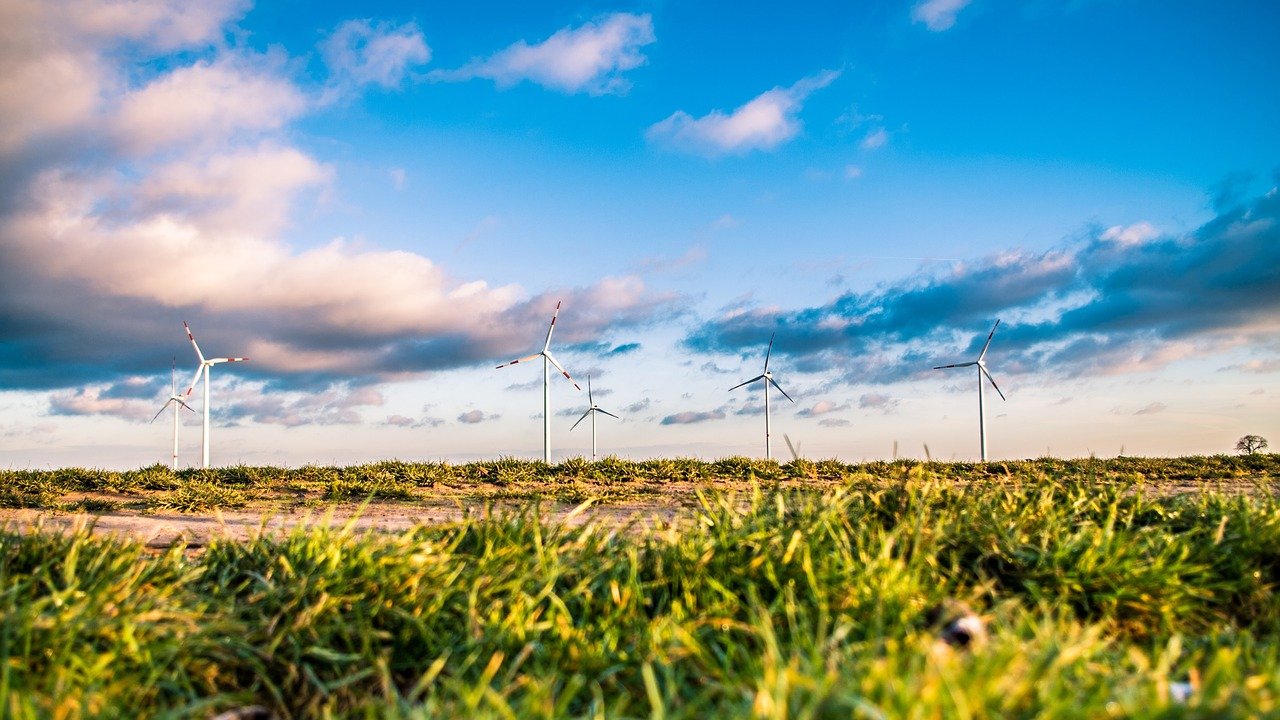The world’s environment in the 21st century has reached breaking point and is crippling our precious ecosystem. As each hour passes, we use our natural resources indiscriminately and fail to manage our waste effectively, which is both destroying our climate and seeing our planet’s future slowly becoming irreversible. Our environment plays an integral role in healthy living and the existence of life on planet earth. Earth is home to a multitude of different living species, and we are all dependent on the environment for food, air, water, and other indispensable needs. Therefore, it is crucial for every individual to help save and protect our environment. In order to provide a future for the younger generation to survive and thrive in, we need to look at changing the way we live and becoming more sustainable in order to reduce the negative externalities we face.With the planet currently facing a global pandemic, the necessity of sustainability has been reinforced, and it has vividly highlighted the interconnected and interdependent nature of the world’s social and economic systems. In my first blog for CommsCo, I explore the impact that COVID-19 has had on sustainability and the environment.
A problem becoming a solution…
The first outcome to emerge from the start of this virus was the complete shutdown of industrial activities. With operations running far below their capacity, road traffic was reduced to 1955 levels, which equated to 73% (Guardian, 2020), air traffic came to a collapse, and there was a significant lack of tourism, which has usually flooded our streets in cities like Venice, London and New York. This has created good news for our planet, causing a significant reduction in greenhouse gasses and other air, water and land polluting outputs. With EU leaders having agreed on a more ambitious goal for cutting greenhouse gases – reducing them by 55% over the next decade, rather than 40%, COVID-19 has changed the way we think about our daily lives and led us to discover sustainable resources which will change our lives for the better.Furthermore, sustainability is going mainstream; with retailers such as John Lewis removing the plastic bags tax and luxury fashion group Kering pledging to become carbon neutral across its entire supply chain by 2025, the fashion industry is playing a pivotal role in aiding sustainability under COVID-19. The start of the decade is being marked as the “Decade of Action” to deliver the United Nations’ Sustainable Development Goals (SDGs) – which identify 17 targets relating to poverty, inequality, climate, responsible consumption and production, the environment, prosperity, peace and justice – by 2030. Fashion has played a significant role on the SDG and is making more of a statement on sustainability than ever before. In August, Selfridges unveiled an ambitious plan of action called “Project Earth”, which demands brands to meet strict sourcing standards, and it also launched its first own brand resale model. Marks & Spencer’s project plan called “Plan A” – since there isn’t going to be a “Plan B” – is all about sustainability within the marketplace and marking the response to COVID-19 as the first true step towards sustainable development. While COVID-19 initially put businesses into survival mode, it has thrust the fashion industry into the spotlight and bolstered principles which, over time, will make our world a better place to live.
Time for a sustainable action…
As we live through these unprecedented times, a crucial question to ask is whether we can shape a national and global recovery from the coronavirus pandemic in a way that supports the response to climate change and other environmental threats and makes our planet more sustainable?Can we:
- Embed some of the positive aspects of the behavioural changes that we have been forced to adopt, such as greater use of communication platforms?
- Re-boot the global economy by stimulating growth in clean technologies and by promoting resilient, sustainable infrastructure?
- Provide the education and training needed to support the green jobs of the future?
- Use this opportunity to rethink our relationship to the natural world?
Of course, there have been stepping stones since the Paris Agreement was signed. However, COVID-19 has played an important role in shifts towards the environment and brought about potential solutions to increase our sustainability within our ecosystem. With the postponed United Nations Climate Change Conference – COP 26 – to come in 2021, and Boris Johnston implementing a 10-point plan which would create up to 250,000 green jobs, sustainability is at the forefront of everyone’s minds, and has shown that every individual aspect of our planet needs protecting to reduce our negative externality and bring prosperity, peace and justice by 2030.
Back to blog



